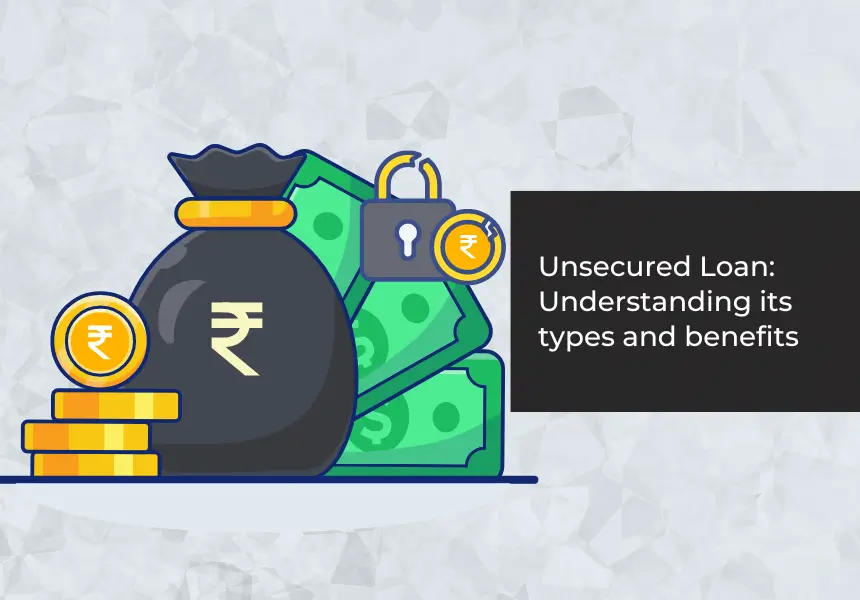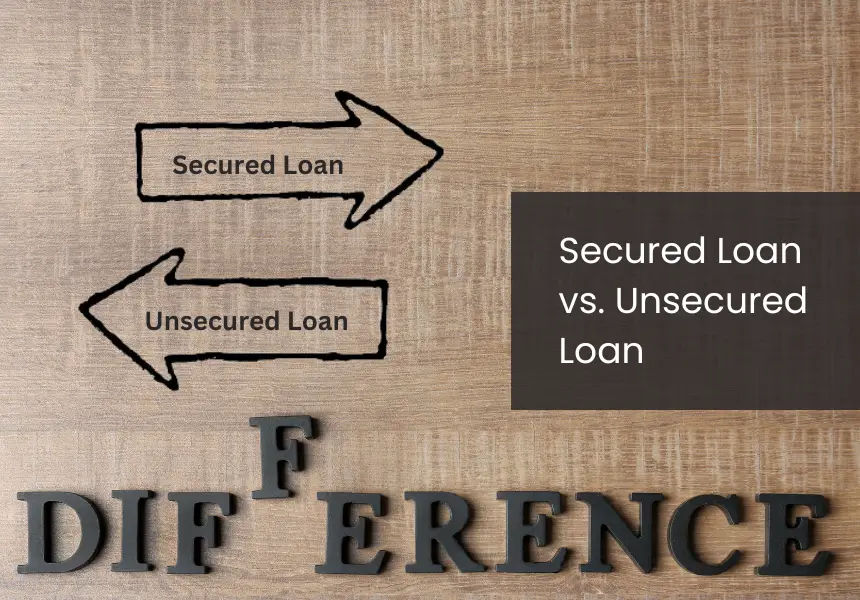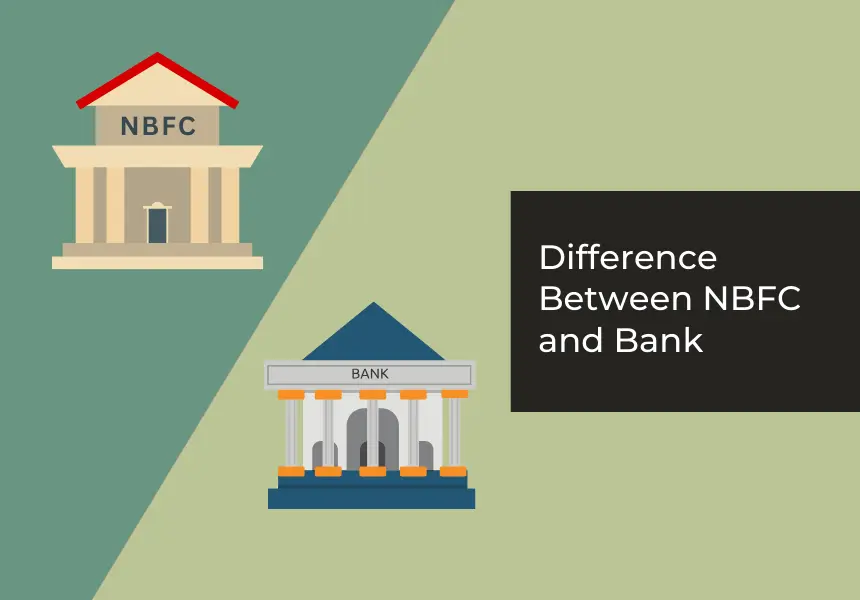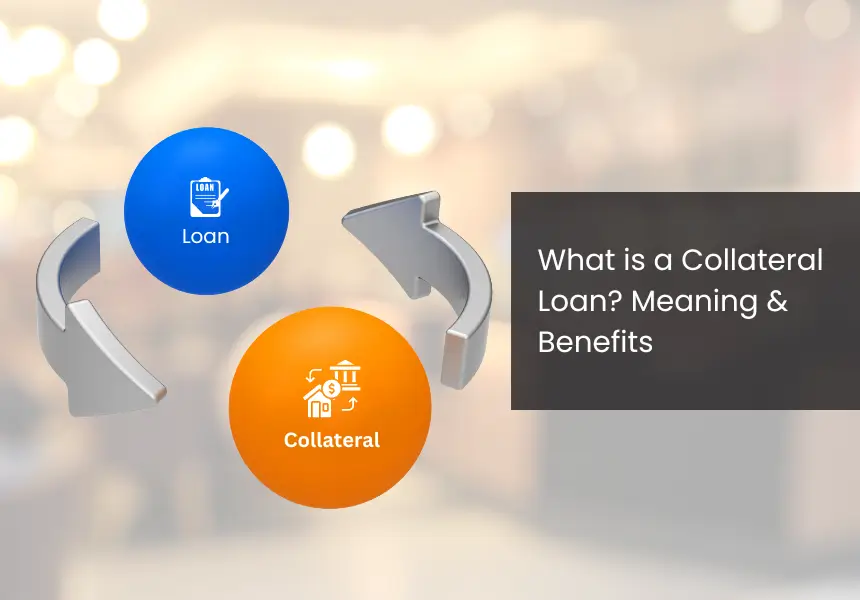
Life doesn’t always give us a warning before expenses show up. A medical bill, a travel plan, a home upgrade, or even a sudden cash gap, these moments often need quick financial support.
That’s where unsecured loans come into the picture. In simple words, an unsecured loan refers to borrowing money without pledging any asset as security. In this blog, we’ll break down what unsecured loans are, how they work, the different types available, their key benefits, and when they make sense.
What Is an Unsecured Loan?
An unsecured loan is a type of loan that does not require you to provide any collateral. Unlike secured loans such as home loans or car loans, you don’t need to pledge your house, vehicle, gold, or any asset to borrow money.
Instead, lenders decide whether to approve your loan based on factors like your credit score, income, employment stability, and repayment history. Since there’s no asset backing the loan, lenders take a slightly higher risk, which is why interest rates on unsecured loans are usually higher than secured ones.
These loans are commonly used for personal expenses such as medical emergencies, weddings, education, travel, debt consolidation, or even small business needs. The biggest advantage is flexibility, once the money is credited to your account, you can use it for almost any purpose without restrictions.
How Does an Unsecured Loan Work?
The process of getting an unsecured loan is fairly straightforward. It usually starts with an online or offline application where you submit basic details like income, employment type, and credit information.
Once applied, the lender evaluates your creditworthiness. This includes checking your credit score, existing loans, monthly income, and repayment capacity. If everything looks good, the loan gets approved and the amount is disbursed directly into your bank account, often within hours or a few working days.
Repayment happens through fixed monthly EMIs over a chosen tenure. These EMIs include both principal and interest. Since unsecured loans don’t have collateral, timely repayment is crucial. Missing EMIs can attract penalties and negatively impact your credit score, making future borrowing more expensive or difficult.
Types of Unsecured Loans
There are several types of unsecured loans designed for different needs:
Personal Loans
These are the most common unsecured loans. Personal loans can be used for almost anything like medical bills, weddings, vacations, home renovations, or emergencies.
Credit Cards
Credit cards are a form of unsecured credit where you borrow up to a limit and repay monthly. They offer flexibility but usually come with higher interest if balances aren’t cleared on time.
Unsecured Business Loans
Small businesses and startups can access unsecured business loans to manage cash flow, expand operations, or handle short-term expenses without pledging assets.
Education Loans (Without Collateral)
Some lenders offer education loans without collateral for smaller amounts or specific institutions, especially for skill-based or short-term courses.
Instant Digital Loans
These are app-based loans offering quick approval and disbursal. While convenient, they often carry higher interest rates and shorter tenures.
Each type serves a different purpose, so choosing the right one depends on your financial need and repayment ability.
Benefits of an Unsecured Loan
One of the biggest benefits of unsecured loans is that no collateral is required. You don’t risk losing any personal assets if you borrow responsibly.
Another major advantage is speed. The application and approval process is usually fast, making unsecured loans ideal for urgent financial needs. Documentation is minimal, and many lenders offer completely digital processes.
Unsecured loans also offer flexibility of use. Unlike home or car loans, you are not restricted to a specific purpose. This makes them perfect for mixed or unexpected expenses.
They are accessible to both salaried and self-employed individuals, provided they meet eligibility criteria. Additionally, repaying an unsecured loan on time helps build or improve your credit score, which can unlock better loan options in the future.
Overall, unsecured loans are a convenient solution for short- to medium-term financial needs when used responsibly.
Unsecured Loan Example
Let’s say Rohan, a salaried professional, needs ₹3 lakh for medical expenses and home repairs. He applies for an unsecured personal loan with a tenure of three years. Based on his income and credit score, the loan is approved at an interest rate of 13% per annum.
The amount is credited to his bank account within 24 hours. Rohan repays the loan through fixed monthly EMIs that comfortably fit his budget. Since there’s no collateral involved, the process is stress-free, quick, and flexible, helping him manage an urgent situation without selling assets.
Conclusion
Unsecured loans are a practical financial tool when you need quick funds without the burden of pledging assets. From personal needs to business expenses, they offer flexibility, speed, and ease of access. However, since they come with higher interest rates, it’s important to borrow wisely, compare lenders, and ensure timely repayment.
When used responsibly, unsecured loans can help you handle emergencies, achieve goals, and even improve your credit profile. Always assess your repayment capacity before applying, and treat unsecured borrowing as a smart financial solution, not a long-term habit.
FAQs
1. Is an unsecured loan safe to take?
Yes, if you borrow from a trusted lender and repay on time.
2. Do unsecured loans require a high credit score?
A good credit score improves approval chances and interest rates.
3. Can self-employed individuals get unsecured loans?
Yes, many lenders offer unsecured loans to self-employed borrowers.
4. Are unsecured loans expensive?
They usually have higher interest rates than secured loans due to higher risk.
5. Can I repay an unsecured loan early?
Yes, most lenders allow prepayment or foreclosure, sometimes with a small fee.








